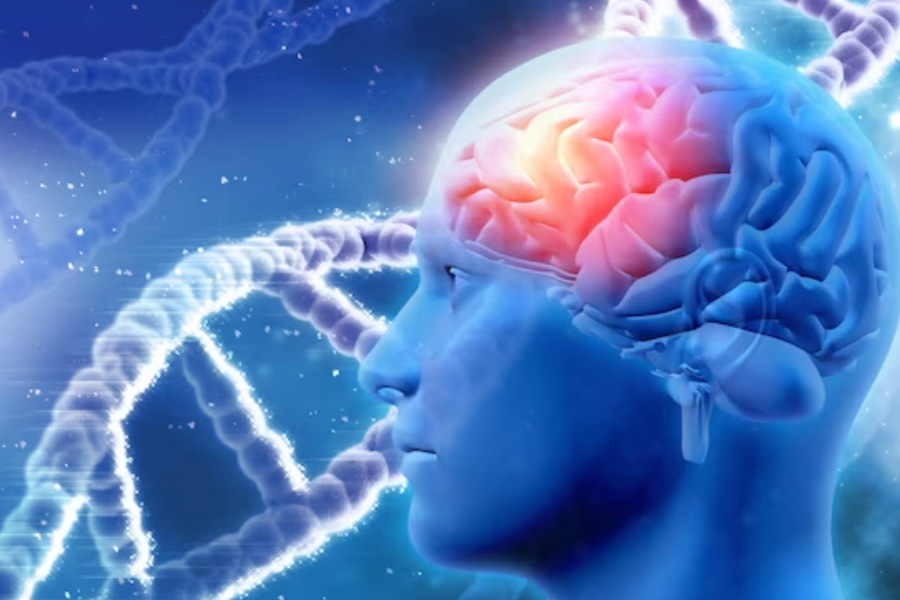
This article discusses the question of power in the context of neuroscience, gender, and law.
Author
Chetan Sinha, Associate Professor, Jindal Global Law School, O.P. Jindal Global University, Sonipat, Haryana, India.
Summary
The gender movement comprising feminist and queer group movements addressed various issues of prejudices in the legal domain. This article discusses the question of power in the context of neuroscience, gender, and law. It elaborates on how the stereotypical view corresponding to the mythology and parasitic view prevalent in history was made as fact through discourse construction and scientific appropriations.
Thus, identifying the simplistic psychology of one’s agency, societal framing of the methods of socialization, and institutionalizing the common sense of inferiority about one’s identity including the process of internalization along with the biological inferiority has maintained the gap in gender equality. The article further elaborates how gender and self-image have taken a turn with the voices of social change and critical engagement with the reified gender categories.
Published in: Integrative Psychological and Behavioral Science
To read the full article, please click here.

